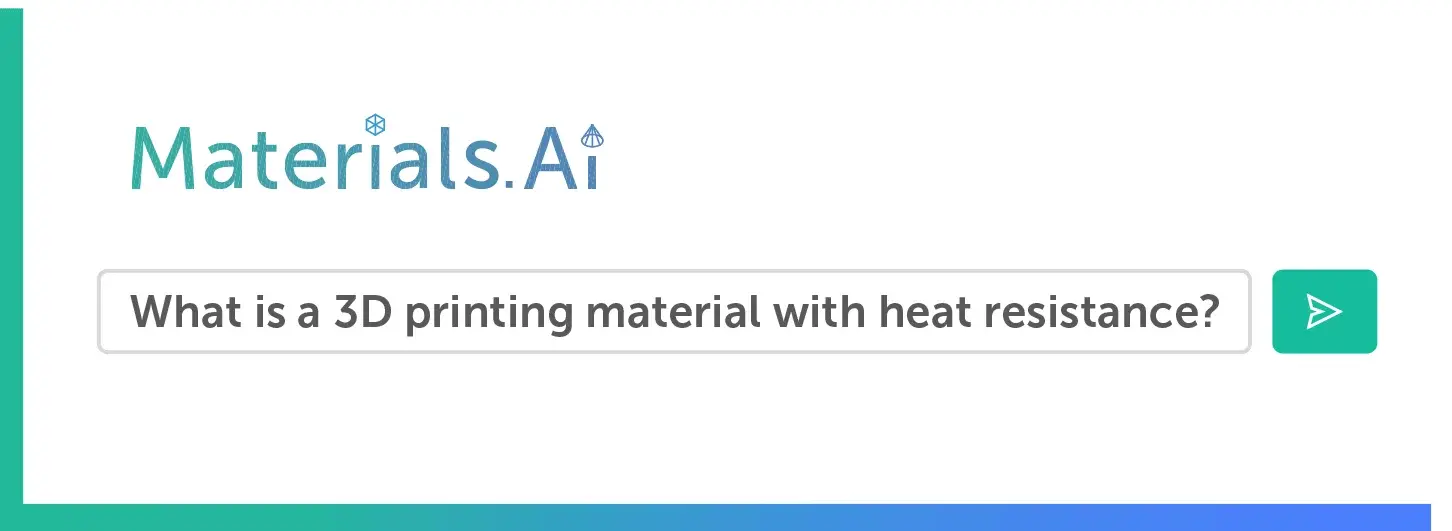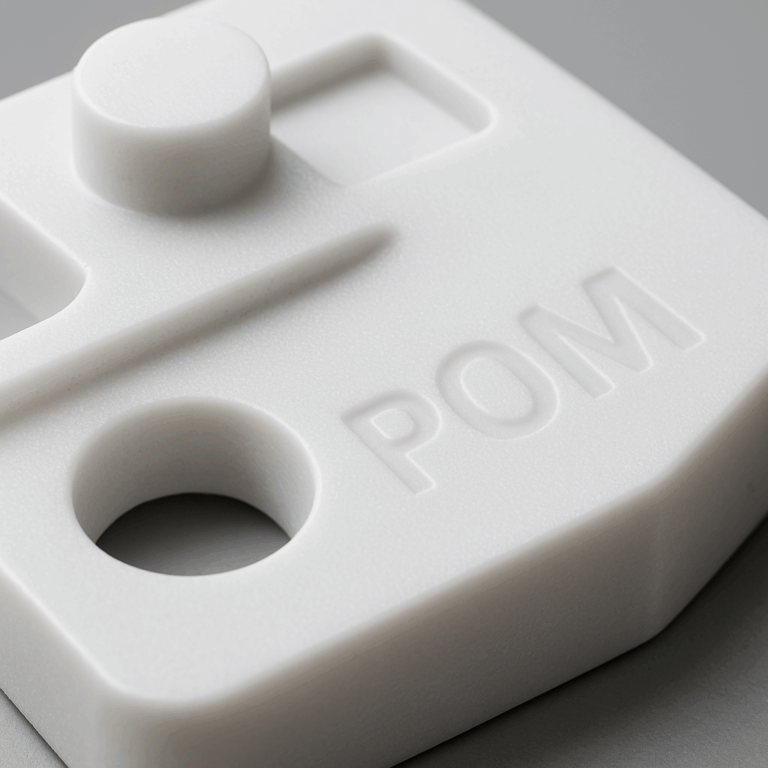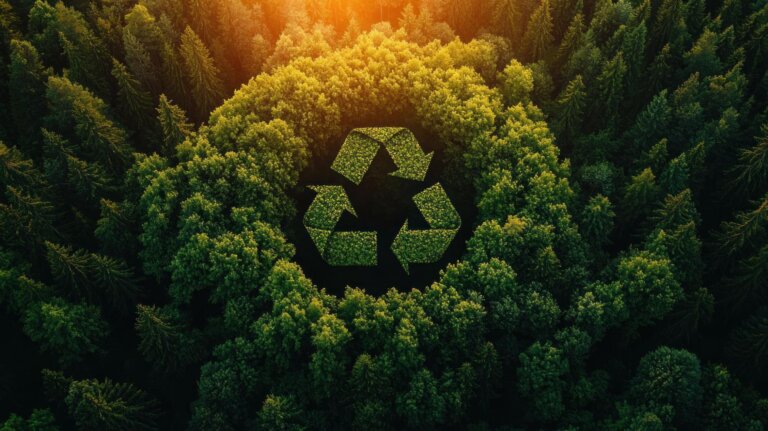Time to read: 5 min
Corrosion is a common problem that affects various materials and structures, reducing their lifespan and potentially causing serious safety hazards. To overcome this issue, scientists and engineers have developed various corrosion-resistant materials that are designed to withstand the damaging effects of various corrosive agents.
In this article, we will explore the top-performing corrosion-resistant materials and the characteristics that make them stand out. From traditional materials like stainless steel to more advanced solutions like ceramic coatings, we’ll discuss the pros and cons of each and highlight the applications where they’re best used.
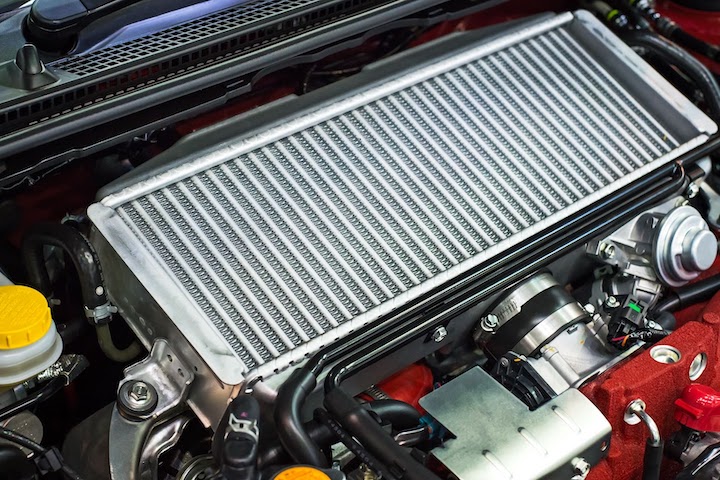
What is a Corrosion-Resistant Material?
Corrosion is a natural process that occurs when a material reacts with its environment — such as air, water, or other substances — and its properties and structural integrity deteriorate. Corrosion-resistant materials are designed to resist this process, either via a protective layer on the surface or through a chemical composition that does not react with the environment. Examples of corrosion-resistant materials include: stainless steel, aluminum, titanium, and some plastic materials. These materials are commonly used where durability, longevity, and safety are critical, such as in construction, infrastructure, and transportation.
The Difference Between Corrosion and Rust
Corrosion and rust are related, but different processes.
Corrosion is a general term that refers to the degradation of a material due to its reaction with its environment. This can occur through chemical, electrochemical, or other processes and can lead to the loss of material properties and the failure of the material over time.
Rust, on the other hand, is a specific type of corrosion that occurs when iron or steel reacts with water and oxygen to form iron oxide (rust). This process is commonly seen in outdoor environments and leads to significant deterioration of the metal over time.
In summary, rust is a type of corrosion that specifically affects iron and steel, while corrosion is a broader term that encompasses various forms of material degradation.
What is a Corrosion Reaction?
A corrosion reaction is a chemical reaction that occurs between a material and its environment. Corrosion reactions can be initiated by various factors, such as moisture, high temperatures, and mechanical stress. The specific reaction that occurs depends on the type of material, the corrosive environment, and other factors.
Typically, corrosion reactions involve the transfer of electrons from the material to the environment, which forms an oxide or other compound on the surface of the material. This process causes the material to weaken and eventually fail.
In general, the rate of corrosion is influenced by several factors, such as the composition of the material, the temperature and humidity of the environment, the presence of corrosive substances, and the level of mechanical stress. Understanding the factors that influence corrosion reactions is critical for predicting and mitigating corrosion in practical applications.
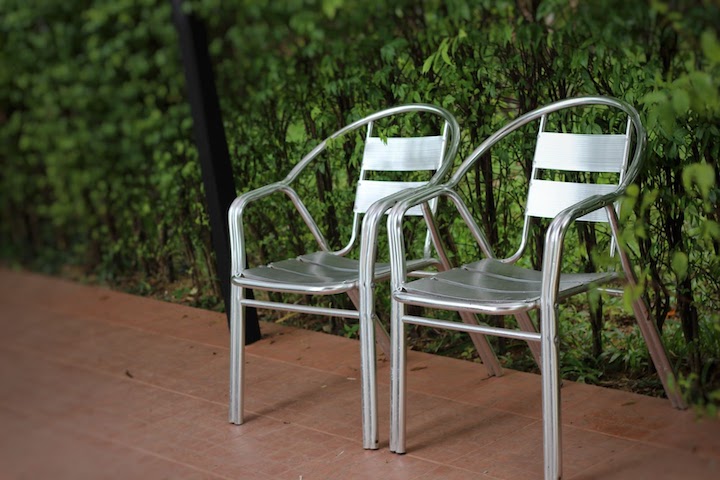
What Makes a Material Corrosion-Resistant?
A material is considered corrosion-resistant if it is able to withstand the damaging effects of a specific environment. There are several factors that contribute to a material’s corrosion resistance:
- Chemical composition: Some materials have a chemical composition that makes them naturally resistant to corrosion. For example, stainless steel contains chromium, which forms a protective oxide layer on the surface, that prevents further corrosion.
- Passivation: Certain materials, such as stainless steel, form a protective oxide layer on their surface when exposed to air or water, which prevents further corrosion. This process is known as passivation.
- Coatings: Applying a protective coating, such as paint or a galvanized layer, provides a barrier between the material and the environment, and reduces the potential for corrosion.
- Resistance to electrochemical reactions: Some materials have a high resistance to electrochemical reactions, which can prevent corrosion from occurring. For example, aluminum has a high potential for electron transfer, making it less likely to corrode.
- Mechanical properties: Some materials have mechanical properties, such as high strength and toughness, that make them less susceptible to corrosion.
Ultimately, the best corrosion-resistant material for a specific application will depend on several factors, including the corrosive environment, the required mechanical properties, and cost considerations.
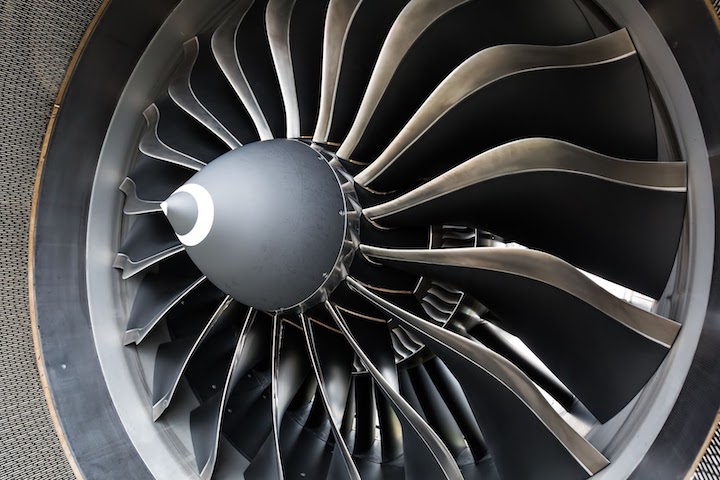
What are the Best Corrosion-Resistant Materials?
The best corrosion-resistant material depends on the specific application and the type of corrosion that the material will be exposed to. However, some of the most commonly used corrosion-resistant materials are:
- Stainless steel: This is a popular choice for applications that require high resistance to corrosion and oxidation. There are several grades of stainless steel, each with a different composition and level of resistance.
- Aluminum: This is a lightweight and strong metal that offers good resistance to corrosion, especially when anodized.
- Titanium: This metal has excellent corrosion resistance and is often used in highly corrosive environments, such as in the aerospace and marine industries.
- Duplex stainless steel: This is a type of stainless steel that offers a combination of high strength and corrosion resistance, making it a popular choice for demanding applications.
- Galvanized steel: This is a type of steel that has been coated with zinc to provide protection against corrosion.
- Copper: This metal has good resistance to corrosion, particularly in environments with low levels of acidity.
- Inconel: This is a type of nickel-based alloy that offers excellent resistance to corrosion, high-temperature oxidation, and carburization.
- Ceramic coatings: These are thin layers of ceramic material that can be applied to various surfaces to provide protection against corrosion.
Pro-Tip: Check out our guide “Design Strategies for Corrosion Resistance” for further information on how to use corrosion-resistant materials.
Ultimately, the choice of corrosion-resistant material will depend on the application, including the corrosive environment, required mechanical properties, and cost considerations.
Conclusion
Choosing the right a corrosion-resistant material for a given application depends on various factors, including the type of corrosion that the material will be exposed to, the required mechanical properties, and cost considerations. The materials discussed above are some of the top performing corrosion-resistant materials that can provide protection against degradation in corrosive environments.
However, it’s important to remember that no single material is the best for all applications and environments, and that the choice of a corrosion-resistant material should be based on a thorough evaluation of the specific requirements of the application. By considering the various options and working with experts in the field, it’s possible to choose an optimal corrosion-resistant material that provides long-lasting protection against degradation.
If you’re searching for the right corrosion-resistant material for your next project, Fictiv can help! With our partner network, we can source nearly any material you need, for any application. And no matter how complex your designs, Fictiv is built to deliver the quality, custom mechanical parts you need, fast. Create an account and upload your part today to see what our instant quote process, design for manufacturability feedback, and intelligent platform can do for you.








